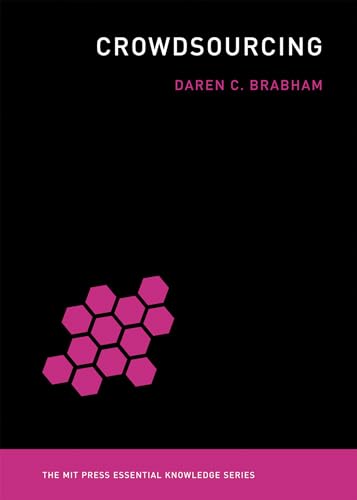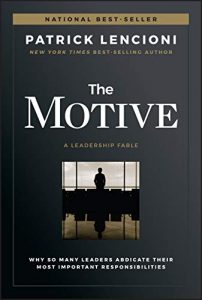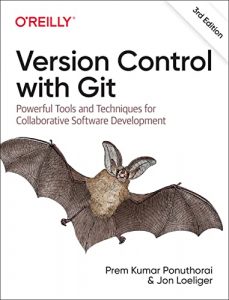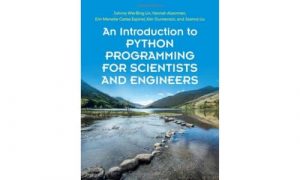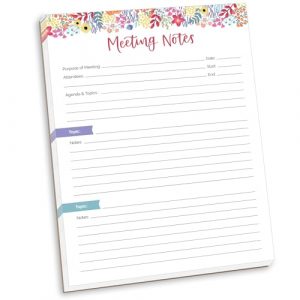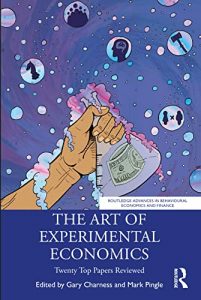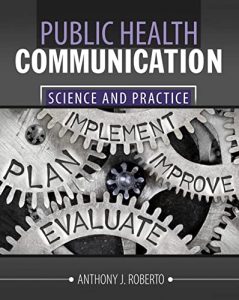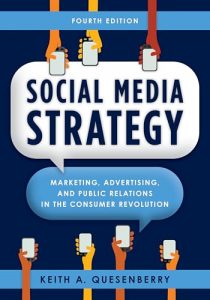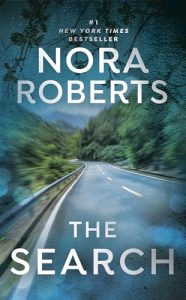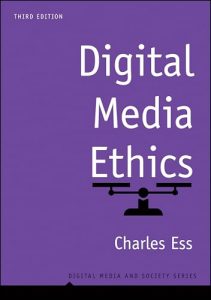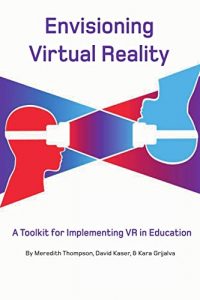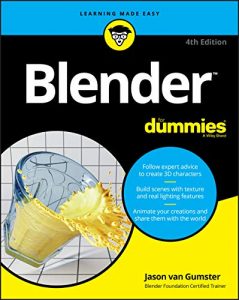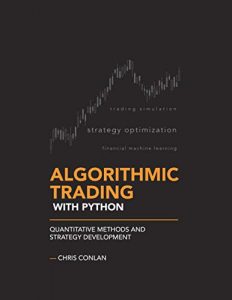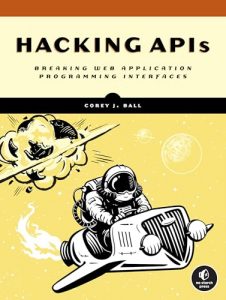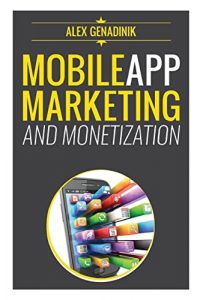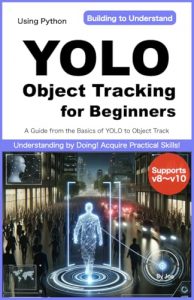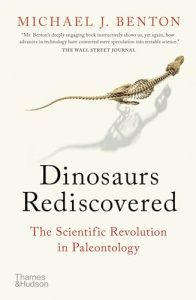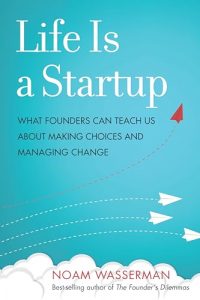Introduction to Crowdsourcing Science
Crowdsourcing science represents a transformative wave in how research and innovation are conducted. By leveraging the collective knowledge and skills of individuals across the globe, scientists can gather data, analyze phenomena, and develop new solutions more efficiently than ever before. This method allows for a more democratic approach to scientific inquiry, where everyone—from amateur enthusiasts to seasoned professionals—can contribute to the advancement of knowledge. In this blog post, we will delve into several compelling books that explore crowdsourcing across various domains, each offering unique insights and applications.
Unveiling Key Literature
These books not only shed light on the potential of crowdsourcing but also inspire readers to participate in this fascinating field, whether they are students, professionals, or simply passionate about making a difference.
Crowdsourcing (The MIT Press Essential Knowledge series)
The seminal book, Crowdsourcing (The MIT Press Essential Knowledge series), authored by Jeff Howe, provides a comprehensive introduction to the concept of crowdsourcing as a powerful tool for problem-solving and innovation. This essential read demystifies the process and showcases various successful case studies that highlight crowdsourcing’s impact across industries. From science to marketing, this book is a must-have for anyone interested in understanding how the power of the crowd can lead to significant breakthroughs. The insights offered not only educate but also empower readers to think about how they can engage their own communities in crowdsourcing initiatives.
Crowdsourcing: Why the Power of the Crowd Is Driving the Future of Business
Crowdsourcing: Why the Power of the Crowd Is Driving the Future of Business by Jeff Howe shows how business practices are evolving thanks to the crowdsourcing model. This book explores how organizations harness the collective intelligence of their customers and advocates to improve their offerings and streamline innovation. It serves as both a guide and an inspiration for businesses looking to implement crowdsourcing strategies successfully.
Crowdsourcing Geographic Knowledge
For those interested in the geographic realm, Crowdsourcing Geographic Knowledge offers a deep dive into how crowdsourcing can enrich geographic information and enhance data collection in spatial studies. This volume is essential for urban planners, geographers, and anyone involved in community mapping projects. By engaging the community in collecting and sharing their local knowledge, this approach leads to richer, more relevant data.
Crowdsourcing our Cultural Heritage (Digital Research in the Arts and Humanities)
Crowdsourcing our Cultural Heritage stands out as a vital resource for those engaged in the preservation of art and history. This book explains how crowdsourcing initiatives breathe new life into cultural heritage projects by encouraging public participation in collection and archiving efforts. A great read for cultural institutions and advocates looking to expand engagement.
Crowdsourcing Wisdom: A Guide to Doing Public Meetings that Actually Make Your Community Better
This guide offers practical tips on conducting effective public meetings through the wisdom of crowds, ensuring that community voices are heard in civic discussions. An excellent resource for community organizers and local government officials seeking to improve participatory processes.
Conclusion
In conclusion, crowdsourcing has reshaped traditional paradigms across diverse sectors, and these books provide essential insights into how collective engagement can lead to innovation and discovery. Whether you are a professional looking to implement crowdsourcing in your field or a curious reader eager to learn more, these titles are indispensable resources for understanding the potential and future of crowdsourcing in science and beyond. Dive into these enlightening reads today!

